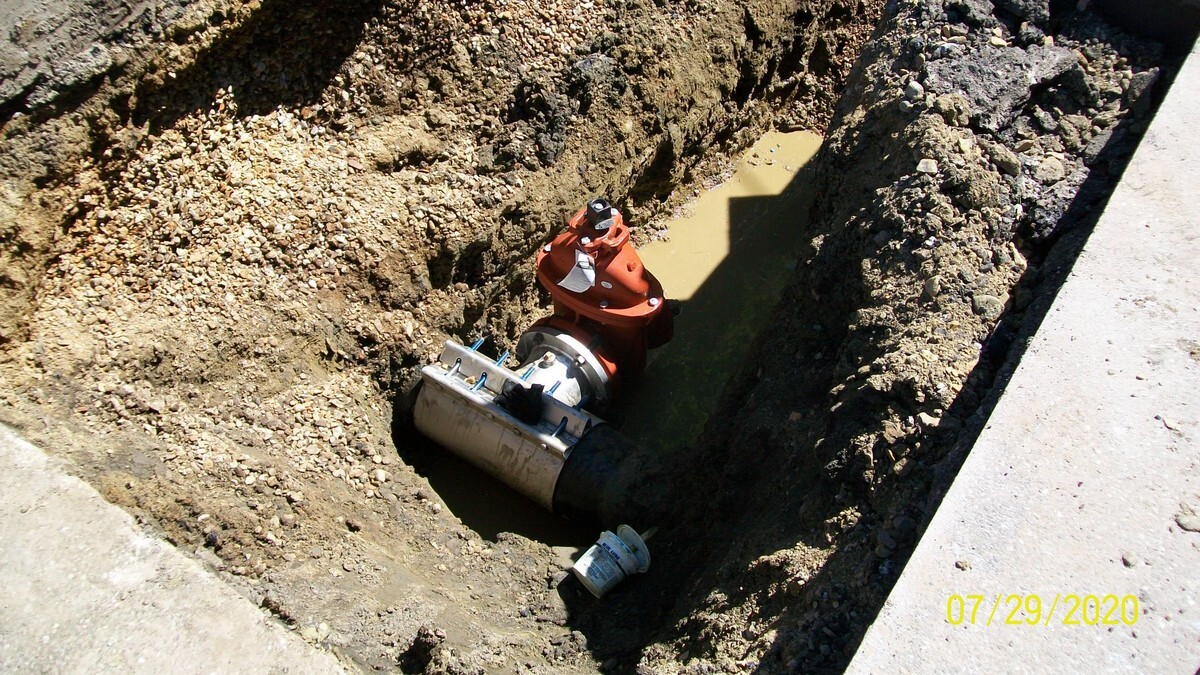MOUNT VERNON – Mount Vernon City Council will hear a recommendation to name Assistant Director Kenny Griffith as its interim Public Works director when Mathias Orndorf retires at the end of the month.
The move comes after failing to hire a second assistant to share the workload.
Safety-Service Director Rick Dzik told other Utilities Commission members at their Tuesday meeting that a search for a second assistant director which took most of the beginning of the year has failed to find a qualified candidate who would accept the position.
He plans to discuss the personnel situation in an executive session with City Council on Monday.
Council had approved a temporary assistant director position.
“Despite finding a couple of well-qualified candidates, we weren’t able to entice them to join the City, so that position is unfilled,” Dzik said.
The City administration will have an organizational assessment of all service departments, including Utilities.
“We’re also undergoing a compensation study for all of our non-union personnel,” he said.
After speaking with Orndorf, Engineering Director Brian Ball and Mayor Matt Starr, Dzik said the City may change its search to a full director appointment. Reviews of assistant director positions will also be completed when the organizational- and compensation studies are completed.
“I am going to be recommending to council that we appoint Assistant Director Kenny Griffiths interim director while we let all those chips fall, Dzik said.
“I think that the important thing for the record is that people that we talked to in the interviews were making more money in middle management and [in] smaller cities or equivalent-sized cities,” Ball said.
Compensation is important, even in filling an assistant director’s position, he noted.
“The EPA asks a lot of our licensed people,” Ball said. “It’s important that they be compensated for that responsibility.”
Virtual meters help track water loss around city
The Utilities Commission also heard plans the Utilities Department made to track water loss.
“As you know, we’ve been tracking our water output versus water billing,” Dzik said. “I think we were a bit shocked to find that there may be somewhere around 50% water loss.”
Griffiths is working on getting updated meters at all City facilities to figure out how much of that loss is actually City usage that hasn’t been tracked before. The water plan uses a large amount of water in processing new water for customers.
Ball said they have been creating virtual meters to group sections of the city to help track water usage. Data will be analyzed to help track probable leak areas by comparing water volumes at pump stations with water meters on the properties in those areas.
Many City facilities have decades-old meters that need replacing or no meters at all, he said. The city’s parks are probably sites for other leaks when water is turned on for the season.
“We’re losing water and some of those puddles in the parking lot aren’t rain,” Ball said.
Keith Burley, a Utilities Commission member, said knowing what’s being lost through leaks is important information. He was aware the water “loss” includes lost water and non-revenue water, such as water provided to City facilities. He wants to be sure the City bills for what needs to be billed and leaks are fixed.




.webp)
.webp)
